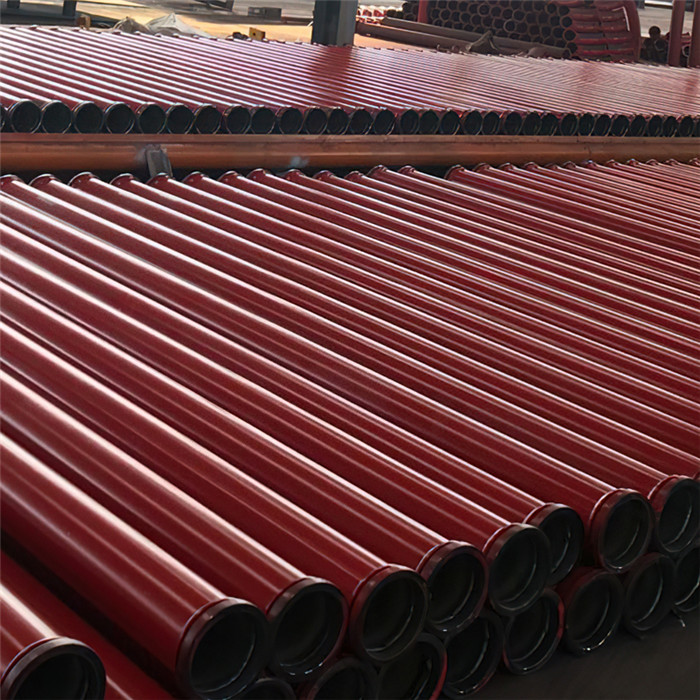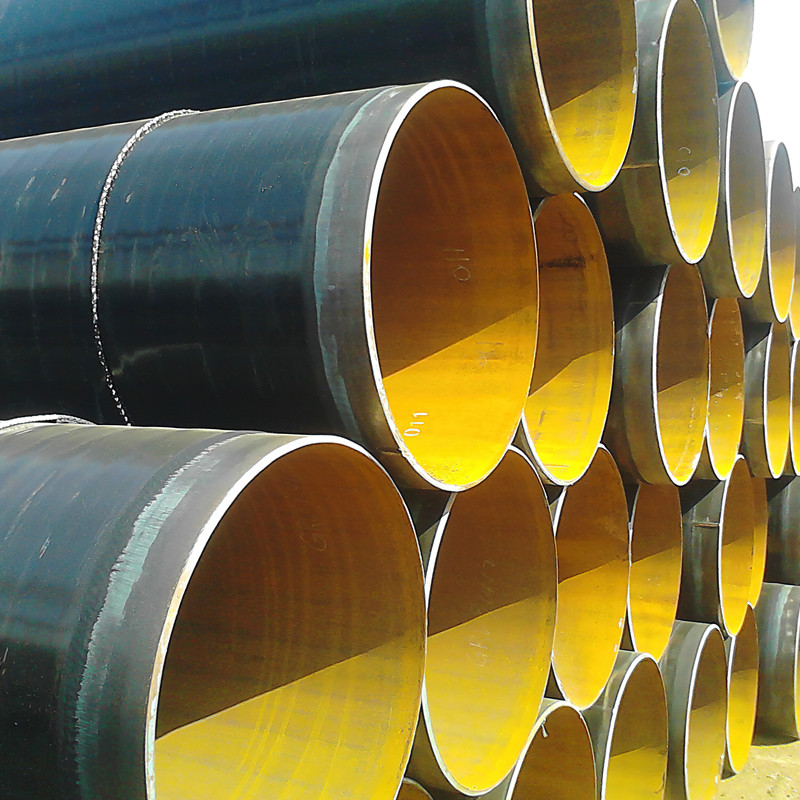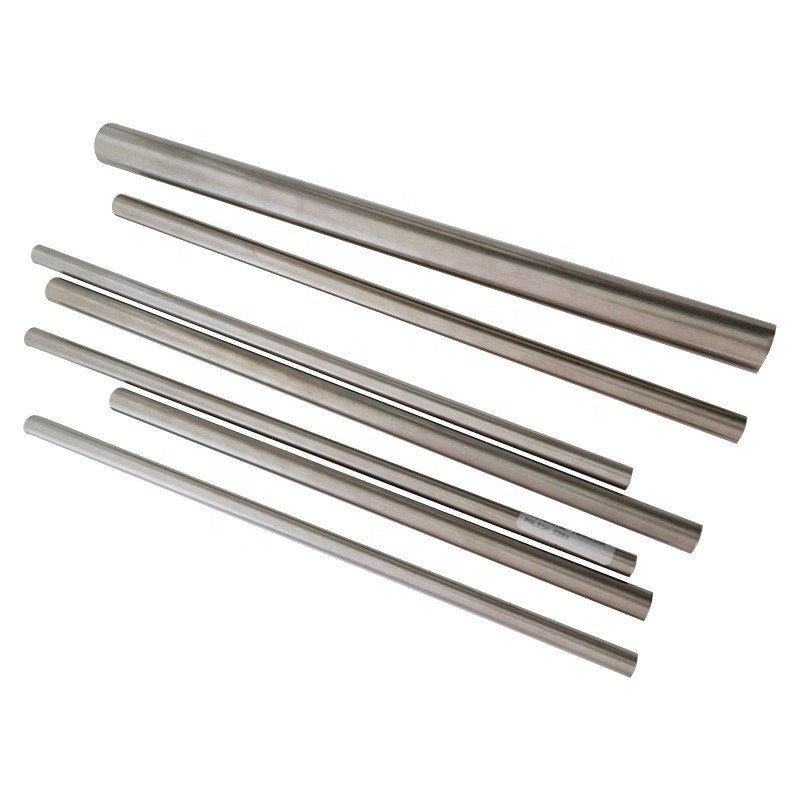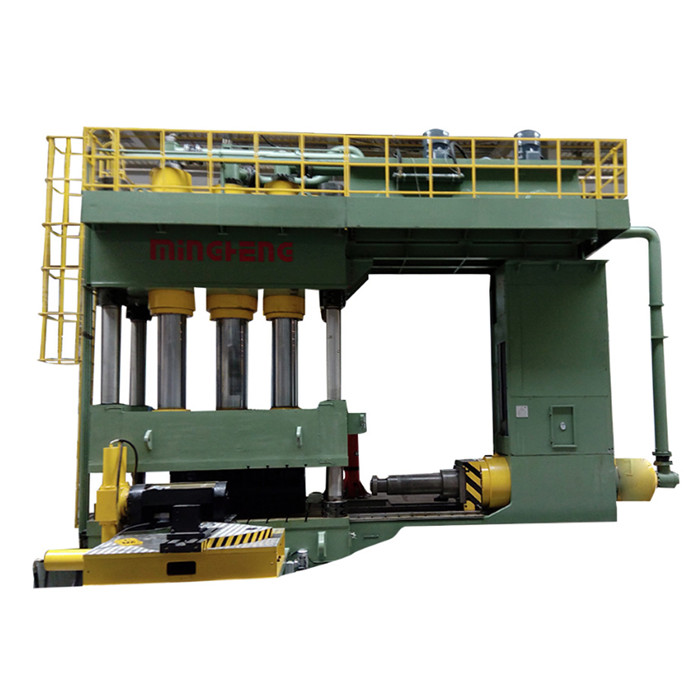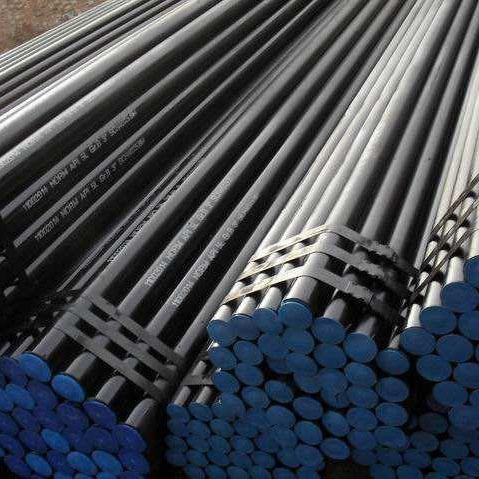Understanding the Critical Role and types of pipe caps in Industrial Piping Systems
In complex industrial infrastructure, the integrity and functionality of piping systems are paramount. Among the essential components ensuring system closure, protection, and operational efficiency are pipe caps. These crucial fittings are designed to cover the end of a pipe, either permanently or temporarily, to seal the pipe or protect the end of the pipe from damage or debris. The selection of appropriate types of pipe caps is critical, dictating system pressure integrity, corrosion resistance, and overall service life, especially in high-demand B2B applications across various sectors.
The market for industrial pipe fittings, including various forms of pipe cap, is experiencing dynamic shifts. Current industry trends point towards an increasing demand for specialized materials, enhanced durability, and improved manufacturing precision. Factors such as the expansion of oil and gas pipelines, growth in chemical processing, and upgrades in water treatment facilities are driving this demand. Furthermore, stricter environmental regulations and safety standards necessitate high-performance pipe caps capable of withstanding extreme conditions, preventing leaks, and ensuring long-term operational reliability. This has led to a focus on advanced alloys, non-destructive testing (NDT), and traceability throughout the supply chain.

The Meticulous Manufacturing Process of Pipe Caps
The production of high-quality pipe caps involves a rigorous, multi-stage manufacturing process designed to meet stringent industrial standards. The choice of material and specific manufacturing technique is dictated by the intended application, pressure requirements, and environmental conditions the pipe cap will endure. Typical materials include carbon steel (e.g., ASTM A234 WPB, WPC), stainless steel (e.g., ASTM A403 WP304/304L, WP316/316L), and various alloy steels (e.g., ASTM A234 WP11, WP22, WP91).
Key Manufacturing Stages:
- Material Selection & Preparation: Raw materials, typically in the form of seamless pipes or plates, are selected based on project specifications (e.g., ASTM/ASME grades). These are then cut to precise dimensions.
- Forming Process:
- Hot Forming (Forging/Pressing): For larger or thicker caps, pipes are heated to forging temperatures and then formed using dies or presses into the desired shape (e.g., dished, elliptical). This process enhances the material's grain structure and mechanical properties.
- Cold Forming (Stamping/Deep Drawing): For smaller or thinner caps, metal sheets can be cold-formed. While this requires less energy, it may necessitate subsequent heat treatment to relieve internal stresses.
- Heat Treatment: Depending on the forming method and material, heat treatments like normalizing, annealing, or tempering are applied. This step optimizes the material's strength, ductility, and resistance to corrosion and stress cracking.
- Machining: Precision machining, often using CNC equipment, is employed to achieve exact dimensions, beveling for welding, and smooth surface finishes. This ensures perfect fit-up with corresponding pipes and optimal flow characteristics.
- Surface Finishing: Caps may undergo shot blasting, pickling, or passivation for stainless steel to enhance corrosion resistance and prepare for coatings if required.
- Quality Control & Testing: Each pipe cap undergoes rigorous quality assurance. This includes:
- Dimensional Inspection: Verification against standards like ASME B16.9 (for butt-weld fittings) or ASME B16.11 (for forged fittings).
- Material Verification: Positive Material Identification (PMI) using spectroscopy.
- Non-Destructive Testing (NDT): Ultrasonic Testing (UT), Magnetic Particle Testing (MPT), Radiographic Testing (RT), or Liquid Penetrant Testing (LPT) to detect internal or surface flaws.
- Hydrostatic Testing: Although not always required for caps alone, it's often part of assembly testing.
- Marking & Packaging: Caps are permanently marked with material grade, size, schedule, and manufacturer's name. They are then packaged to prevent damage during transit.
Adherence to international standards such as ISO 9001 for quality management, and product-specific standards like ASME B16.9 (Factory-Made Wrought Butt-welding Fittings) and ASME B16.11 (Forged Fittings, Socket-Welding and Threaded), is non-negotiable. This meticulous process ensures a service life often exceeding 20-30 years in target industries such as petrochemical, oil & gas, power generation, metallurgy, and water supply & drainage. The advantages in typical application scenarios include superior energy saving through leak prevention and exceptional corrosion resistance, significantly reducing maintenance costs and ensuring operational continuity.
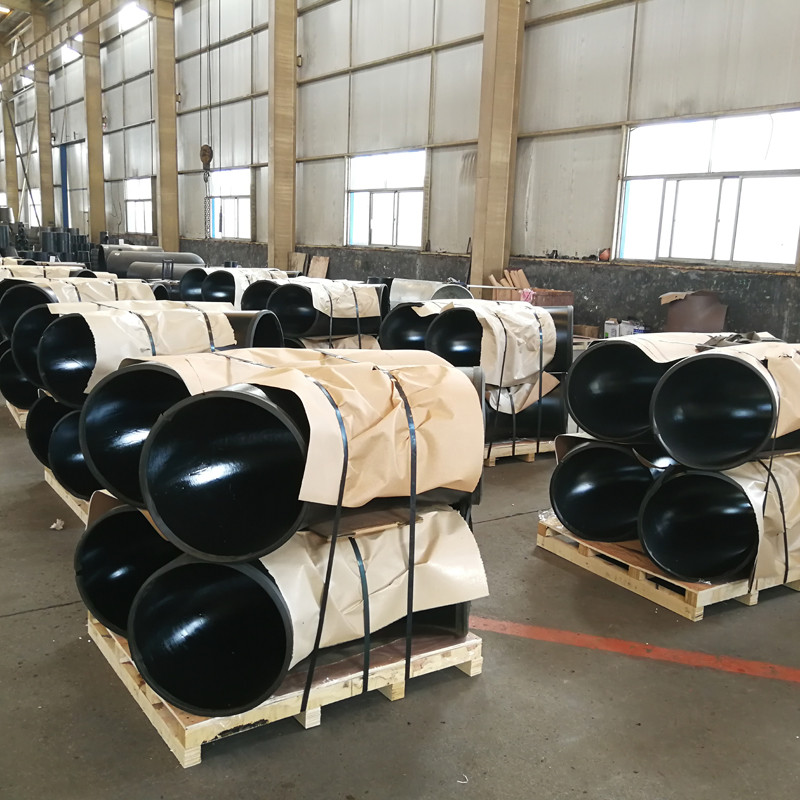
Technical Specifications and Material Science for types of pipe caps
The diversity of industrial applications necessitates a wide range of types of pipe caps, each designed to meet specific performance criteria. Understanding the technical parameters and material science behind these components is crucial for engineers and procurement specialists.
Common Pipe Cap Geometries and Their Characteristics:
- Dished Caps (Elliptical/Torispherical): These are the most common types due to their excellent pressure-withstanding capabilities and smooth flow characteristics. The elliptical cap (2:1 semi-ellipsoidal) offers superior stress distribution.
- Hemispherical Caps: Ideal for high-pressure applications due to their symmetrical design, which allows for uniform stress distribution. However, they are more expensive to manufacture.
- Flat Caps: Used for low-pressure applications or where space is a constraint. They are typically easier and cheaper to manufacture but have lower pressure ratings.
- Conical Caps: Less common, sometimes used for specific flow requirements or as a transition piece.
Material Grades and Performance Parameters:
Material selection for a pipe cap is a critical decision influencing its performance, longevity, and safety. Key considerations include operating temperature, pressure, corrosive environment, and mechanical stress.
Dimensions are standardized according to ASME B16.9 for butt-weld caps (NPS 1/2 to 48) and ASME B16.11 for forged socket-weld and threaded caps (NPS 1/8 to 4). Pressure ratings are typically specified by Schedule numbers (e.g., Sch 40, Sch 80, Sch 160, XS, XXS) which denote the wall thickness. Our extensive range of steel pipe caps for sale ensures compatibility with diverse piping network requirements.
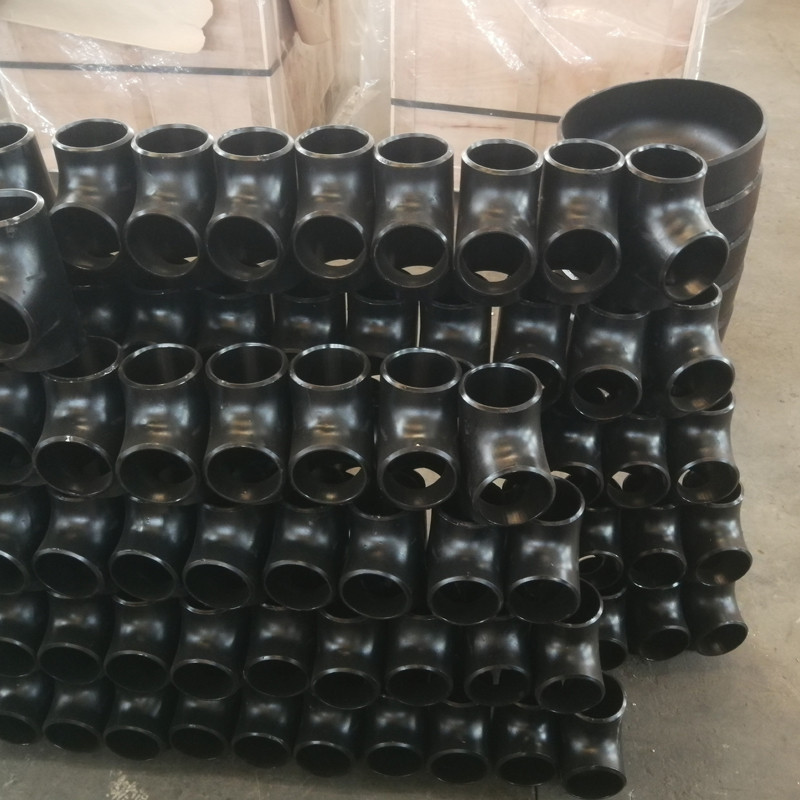
Key Technical Advantages and Diverse Application Scenarios
The technical advantages of properly specified and manufactured pipe caps are directly linked to enhanced system performance, safety, and longevity. These advantages translate into significant operational benefits across a multitude of industries.
Technical Advantages:
- Superior Sealing Integrity: Precision manufacturing and adherence to dimensional standards ensure a tight, leak-proof seal, preventing fluid or gas escape, crucial for safety and environmental protection.
- Exceptional Corrosion Resistance: When manufactured from appropriate materials like stainless steel or coated carbon steel, pipe caps offer robust resistance to corrosive media, extending service life in harsh chemical environments.
- High Pressure and Temperature Tolerance: Forged and butt-weld caps are engineered to withstand extreme pressures and temperatures, making them indispensable in critical processes such as steam lines, high-pressure gas transmission, and petrochemical cracking units.
- Structural Strength and Durability: The forming processes, particularly forging, improve the material’s grain structure, imparting superior mechanical strength and fatigue resistance, ensuring the caps can endure dynamic stresses over decades.
- Flow Optimization: Dished or elliptical caps minimize turbulence and pressure drop, contributing to energy efficiency in fluid transport systems.
- Enhanced Safety: By providing reliable sealing, pipe caps mitigate risks of hazardous material leaks, explosions, and environmental contamination, ensuring compliance with industrial safety regulations.
Typical Application Scenarios:
- Petrochemical and Oil & Gas: Used to cap off branch lines, temporary connections, or permanent end-of-line closures in refineries, processing plants, and offshore platforms. Critical for handling hydrocarbons, acids, and high-pressure steam, where corrosion resistance and robust seals are paramount.
- Power Generation: Employed in steam pipelines, boiler systems, and cooling water lines in thermal, nuclear, and renewable energy plants, requiring materials tolerant to high temperatures and pressures.
- Water Treatment and Supply: Essential for sealing potable water lines, wastewater treatment facilities, and desalination plants, where corrosion resistance (e.g., stainless steel, galvanized carbon steel) prevents contamination and extends infrastructure lifespan.
- Chemical Processing: Crucial for maintaining the integrity of chemical reactors and transportation lines, often requiring specialized alloy steels or coated caps to resist aggressive chemicals.
- Shipbuilding and Marine: Used in various onboard piping systems, from ballast lines to fuel lines, demanding high resistance to saltwater corrosion and vibration.
- Food and Beverage: Stainless steel pipe cap for sale are extensively used in hygienic applications, preventing bacterial growth and ensuring product purity through smooth, easy-to-clean surfaces.
These applications highlight how reliable steel pipe caps for sale contribute to overall operational efficiency, reducing unscheduled downtime and costly repairs, embodying a strong return on investment for industrial clients.
Vendor Comparison and Customized Solutions for Industrial Fittings
Selecting the right supplier for industrial pipe caps is a strategic decision that impacts project timelines, budget, and long-term operational reliability. A comprehensive vendor comparison focuses on more than just price; it considers quality, manufacturing capabilities, certifications, and support services. Our commitment to being a leading pipe cap factory is built upon these pillars.
Key Factors for Vendor Evaluation:
Customized Solutions: Meeting Unique Project Demands
While standard types of pipe caps meet most requirements, complex industrial projects often demand tailored solutions. Our expertise extends to providing highly customized pipe caps for specialized applications. This includes:
- Non-Standard Dimensions: Manufacturing caps with unusual diameters, wall thicknesses, or lengths that deviate from ASME B16.9 or B16.11 standards.
- Exotic Materials: Working with specialized alloys such as Inconel, Monel, Hastelloy, or Titanium for extreme corrosion, temperature, or strength requirements.
- Special Coatings: Applying internal or external coatings (e.g., epoxy, galvanization, PTFE lining) for enhanced corrosion resistance, abrasion resistance, or non-stick properties.
- Specific Machining: Incorporating unique bevels, threads, or additional features (e.g., sensor ports) into the cap design.
- Aggressive Testing Regimes: Performing additional NDT, mechanical tests, or specialized pressure tests beyond standard requirements to satisfy highly critical applications.
Our flexibility and engineering capabilities ensure that even the most stringent specifications for a pipe cap for sale can be met, providing reliable components that integrate seamlessly into bespoke systems. We understand that in demanding B2B environments, off-the-shelf solutions are not always sufficient, and a true partner offers solutions designed to specific operational challenges.
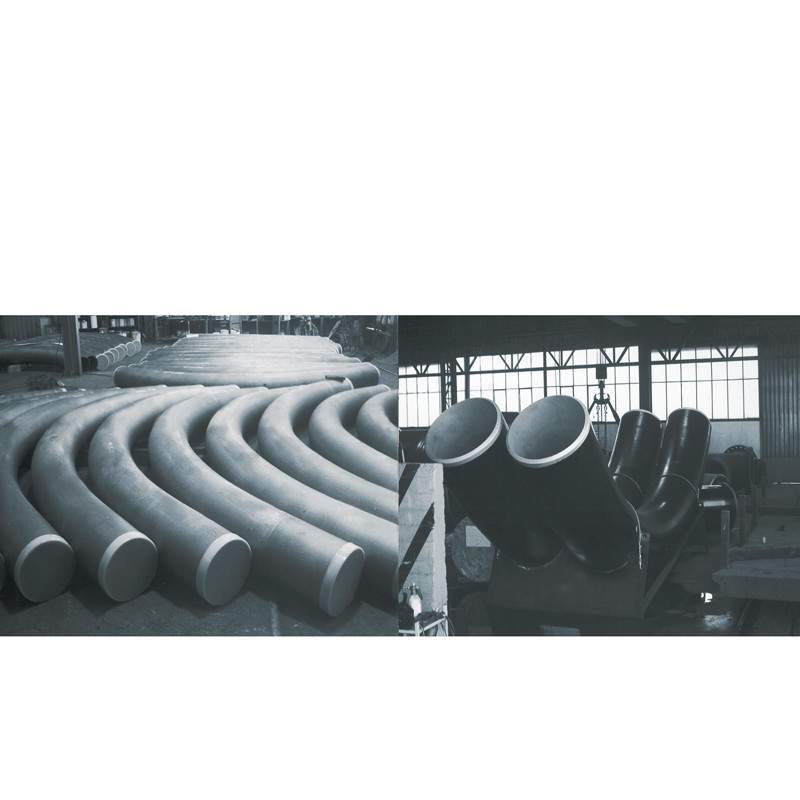
Application Case Studies: Real-World Performance of Pipe Caps
Demonstrating the practical application and benefits of high-quality pipe caps through real-world scenarios is essential for B2B decision-makers. These case studies highlight our experience and the authoritativeness of our product solutions.
Case Study 1: High-Pressure Natural Gas Pipeline Extension
- Client: Major Energy Infrastructure Company, North America.
- Challenge: An expansion project required 36-inch, Schedule 80 steel pipe caps for sale capable of withstanding pressures up to 1500 psi and temperatures ranging from -30°C to 80°C, while ensuring integrity against potential sour gas (H2S) exposure. The client demanded full traceability and certification to API 5L and ASME B16.9.
- Solution: We supplied custom-forged elliptical dished caps made from ASTM A860 WPHY 65 material, specifically engineered for high-yield pipeline applications and sour service. Each pipe cap underwent extensive NDT, including 100% UT and MPI, and was accompanied by comprehensive MTCs.
- Outcome: The project was completed on schedule, with all caps passing stringent field inspections and pressure tests. Our specialized caps provided a robust, leak-proof seal, ensuring the safe and efficient transport of natural gas, exceeding the client's expectations for durability and compliance.
Case Study 2: Corrosive Wastewater Treatment Facility Upgrade
- Client: Municipal Wastewater Treatment Plant, Southeast Asia.
- Challenge: The plant needed to replace deteriorating carbon steel caps in its highly corrosive chemical treatment section. The new caps had to resist strong acids and chlorides, operate continuously, and integrate with existing DN200 (NPS 8) piping without extensive modifications.
- Solution: We provided ASTM A403 WP316L (low carbon stainless steel) seamless elliptical pipe cap for sale, known for its superior resistance to pitting and crevice corrosion in chloride-rich environments. The caps were polished to a specific roughness average (Ra) to prevent microbial adhesion, a critical aspect for sanitary applications.
- Outcome: The stainless steel caps have been in service for over five years with no signs of corrosion or degradation, significantly reducing maintenance frequency and extending the lifespan of the piping system. The client reported improved operational reliability and adherence to environmental discharge standards. This demonstrates the long-term value provided by selecting the correct types of pipe caps.
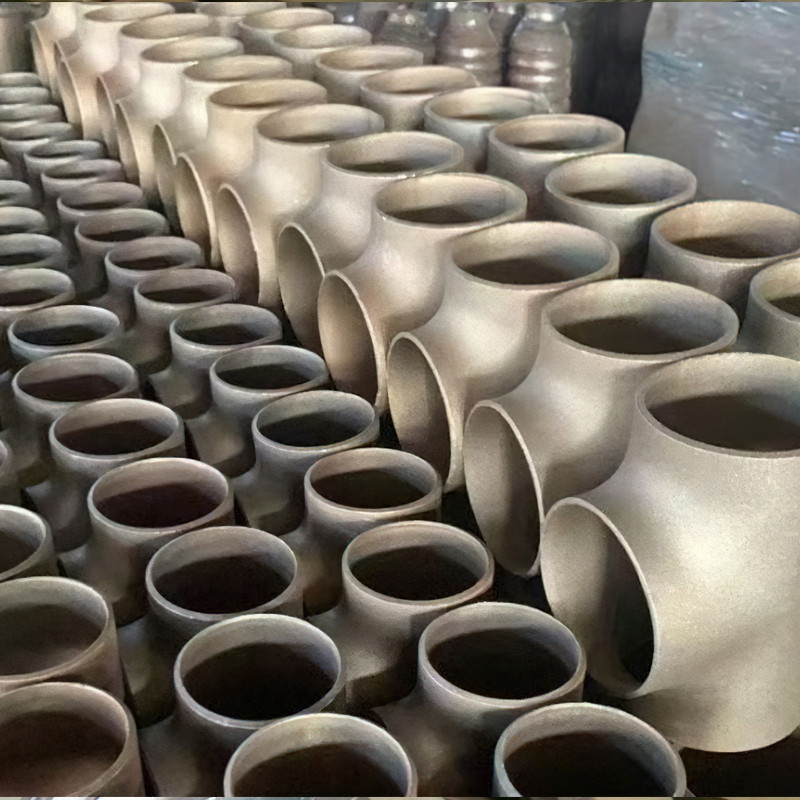
Frequently Asked Questions (FAQ) about Pipe Caps
Q1: What are the primary types of pipe caps available?
A1: The primary types include dished (elliptical or torispherical), hemispherical, and flat caps. Elliptical dished caps are the most common due to optimal stress distribution, while hemispherical caps are preferred for very high-pressure applications. Flat caps are used for low-pressure or space-constrained situations.
Q2: How do I select the correct material for my pipe cap application?
A2: Material selection depends on several factors: operating temperature, internal pressure, the corrosiveness of the fluid, and external environmental conditions. Common materials include carbon steel for general service, stainless steel (304/316) for corrosion resistance, and alloy steel for high-temperature/pressure service. Our engineers can provide expert guidance based on your specific project parameters.
Q3: What are the typical lead times for custom steel pipe caps for sale?
A3: Lead times vary significantly based on material availability, complexity of customization, quantity, and current production schedules. For standard items, lead times can range from 1-3 weeks. Custom or exotic material caps may require 6-12 weeks. We recommend contacting our sales team with your specific requirements for an accurate quote and delivery schedule.
Q4: What testing standards apply to pipe cap manufacturing?
A4: Pipe caps are typically manufactured and tested according to ASME B16.9 (for butt-weld fittings) or ASME B16.11 (for forged fittings). Material specifications follow ASTM/ASME standards (e.g., ASTM A234 for carbon steel, A403 for stainless steel). Quality management systems are often certified to ISO 9001, and specific industrial sectors may require additional certifications like API for oil and gas.
Q5: Can I get a pipe cap for sale that meets specific pressure requirements?
A5: Yes, pipe caps are specified by Schedule numbers (e.g., Sch 40, Sch 80, Sch 160, XS, XXS) which define the wall thickness and thus their pressure rating. We can supply caps for a wide range of pressure classes, including those for extremely high-pressure applications. Our technical team can help you select the appropriate schedule and material to meet your exact pressure needs.
Q6: Where can I find a reliable pipe cap factory for large orders?
A6: As an established manufacturer and supplier of industrial fittings, we specialize in high-volume production of quality pipe caps for global B2B clients. We offer robust manufacturing capabilities, strict quality control, and comprehensive logistics support. Contact us directly to discuss your large-scale project requirements and benefit from our competitive pricing and timely delivery.
Warranty and After-Sales Support:
We provide a comprehensive warranty on all our pipe caps, covering manufacturing defects and material non-conformance for a specified period (typically 12-24 months from installation or 18-30 months from shipment, whichever comes first). Our dedicated after-sales support team is available to assist with any technical queries, installation guidance, or warranty claims, ensuring continuous operational confidence. Customer satisfaction and long-term partnerships are at the core of our service philosophy.
Conclusion
The judicious selection and deployment of the correct types of pipe caps are fundamental to the operational integrity, safety, and longevity of any industrial piping system. From the rigorous manufacturing processes rooted in advanced metallurgy and precision engineering to their critical role across diverse high-pressure and corrosive environments, pipe caps are indispensable. As industry trends push for greater efficiency, sustainability, and reliability, the demand for high-performance, meticulously engineered pipe caps continues to grow. Partnering with a reputable pipe cap factory that emphasizes quality, technical expertise, and tailored solutions is paramount for achieving optimal system performance and minimizing lifecycle costs.
References:
- ASME B16.9, Factory-Made Wrought Butt-welding Fittings. American Society of Mechanical Engineers.
- ASME B16.11, Forged Fittings, Socket-Welding and Threaded. American Society of Mechanical Engineers.
- ASTM A234/A234M, Standard Specification for Piping Fittings of Wrought Carbon Steel and Alloy Steel for Moderate and High-Temperature Service. ASTM International.
- ISO 9001, Quality management systems — Requirements. International Organization for Standardization.
- API 5L, Specification for Line Pipe. American Petroleum Institute.
Post time: Sep . 23, 2025 15:30









